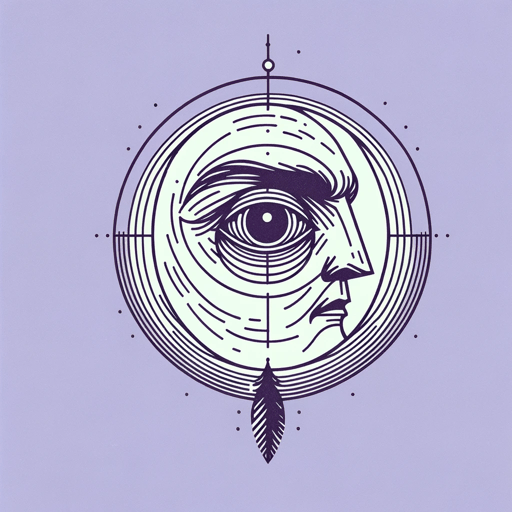37 pages • 1 hour read
Edgar Allan PoeThe Tell-Tale Heart
Fiction | Short Story | Adult | Published in 1843A modern alternative to SparkNotes and CliffsNotes, SuperSummary offers high-quality Study Guides with detailed chapter summaries and analysis of major themes, characters, and more. For select classroom titles, we also provide Teaching Guides with discussion and quiz questions to prompt student engagement.
Important Quotes
“True!—nervous—very, very dreadfully nervous I had been and am; but why will you say that I am mad? The disease had sharpened my senses—not destroyed—not dulled them.”
(Paragraph 1)
The story’s opening lines set the tone and showcase Poe’s style. The work is written in the second person, and the entire story is told as a confession, presumably to someone in the police force. However, the fact that the narrator’s interlocutor remains anonymous allows the reader to step into their shoes, creating a sense of directness and immediacy.
“Above all was the sense of hearing acute. I heard all things in the heaven and in the earth. I heard many things in hell. How, then, am I mad?”
(Paragraph 1)
This quote describes in detail the narrator’s supposed disease, which they believe has sharpened all their senses, particularly their hearing. However, it is more likely that the criminal is experiencing hallucinations, since they describe hearing things in “hell.” Additionally, the reference to hell implies unpleasant sounds, presumably of torture. It also foreshadows death. Finally, the narrator’s statement reveals their belief in their own superiority, as someone who is almost omniscient.
“I think it was his eye! yes, it was this! One of his eyes resembled that of a vulture—a pale blue eye, with a film over it. Whenever it fell upon me, my blood ran cold; and so by degrees—very gradually—I made up my mind to take the life of the old man, and thus rid myself of the eye for ever.”
(Paragraph 2)
The description of the eye is vivid and repetitive, suggesting a fear of disease and old age. The use of the word “vulture” brings to mind death and decay. Additionally, the film over the eye is a clear sign of disease usually associated with old age. Thus, the narrator’s irrational fear of death and disease is expressed through his hatred of the old man’s eye.
Related Titles
By Edgar Allan Poe

A Dream Within a Dream
Edgar Allan Poe

Annabel Lee
Edgar Allan Poe

Berenice
Edgar Allan Poe
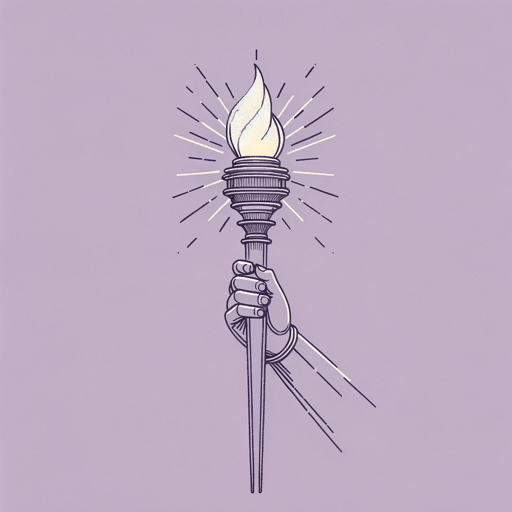
Hop-Frog
Edgar Allan Poe
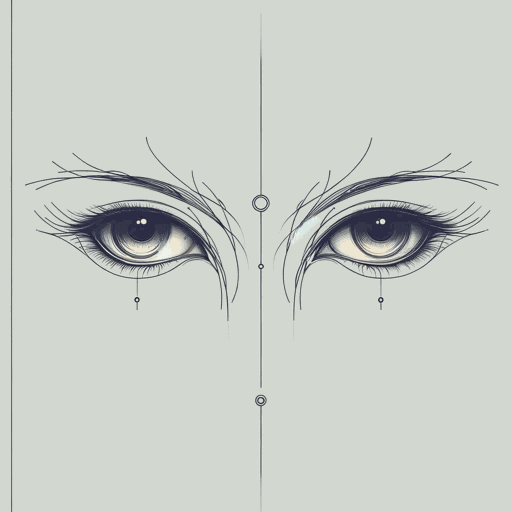
Ligeia
Edgar Allan Poe
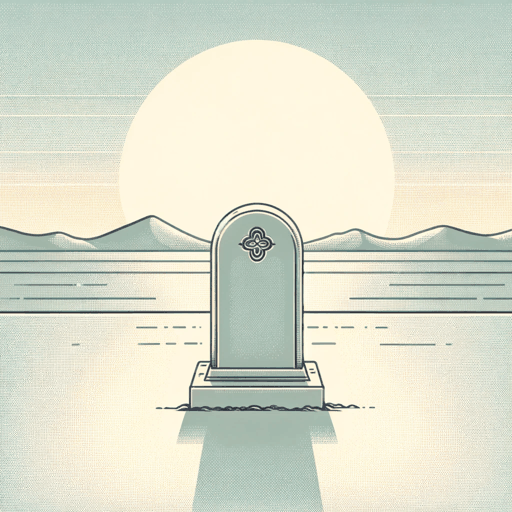
Tamerlane
Edgar Allan Poe
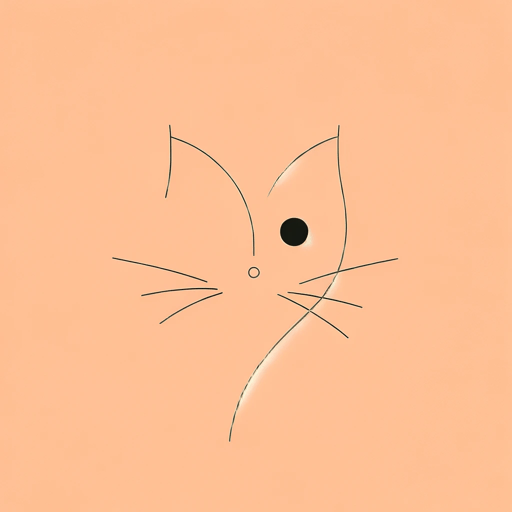
The Black Cat
Edgar Allan Poe
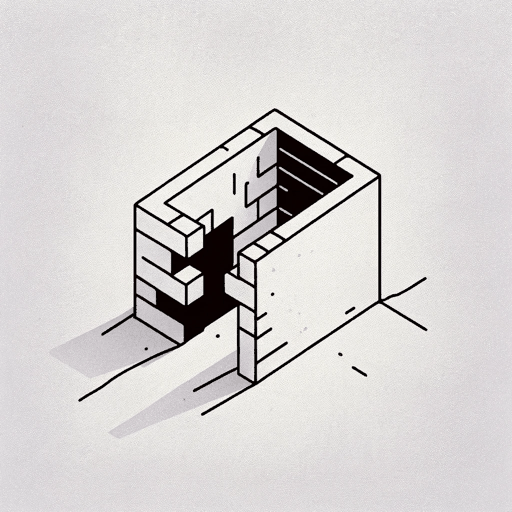
The Cask of Amontillado
Edgar Allan Poe
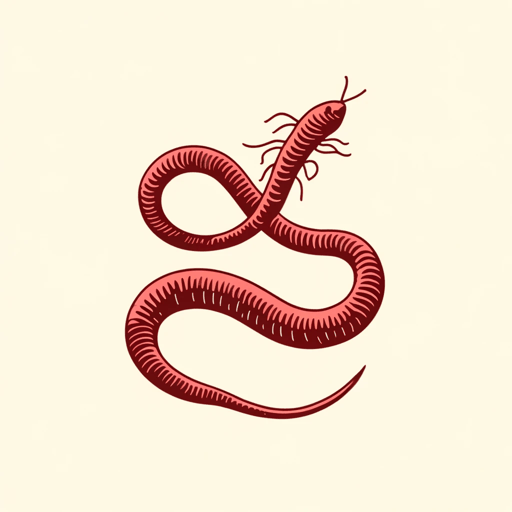
The Conqueror Worm
Edgar Allan Poe
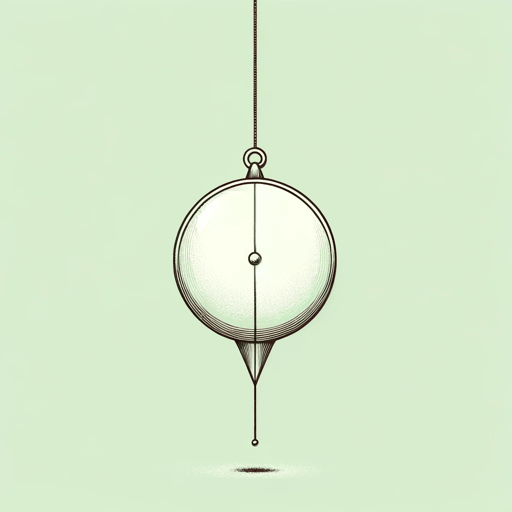
The Facts in the Case of M. Valdemar
Edgar Allan Poe

The Fall of the House of Usher
Edgar Allan Poe

The Gold Bug
Edgar Allan Poe

The Haunted Palace
Edgar Allan Poe
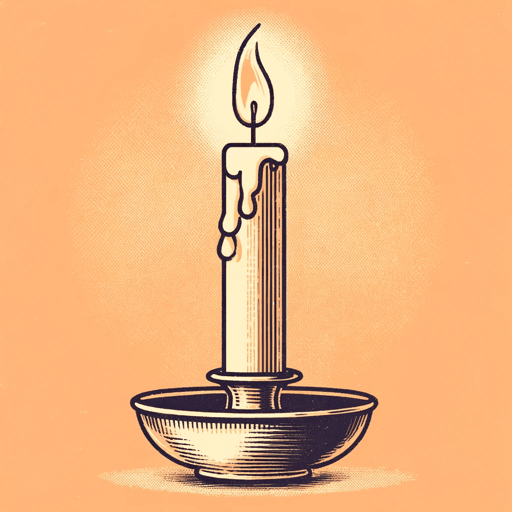
The Imp of the Perverse
Edgar Allan Poe

The Lake
Edgar Allan Poe
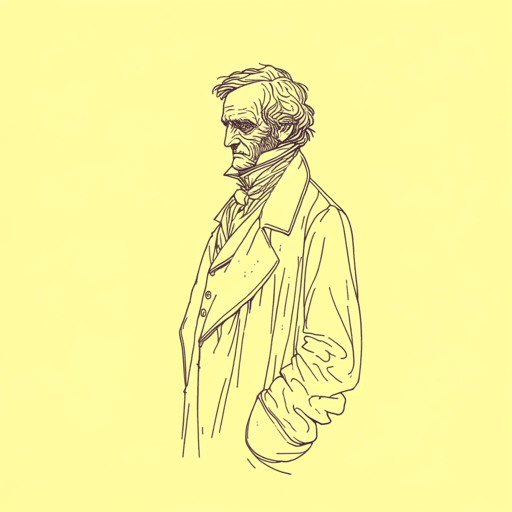
The Man of the Crowd
Edgar Allan Poe

The Masque of the Red Death
Edgar Allan Poe

The Murders in the Rue Morgue
Edgar Allan Poe

The Narrative of Arthur Gordon Pym of Nantucket
Edgar Allan Poe

The Oval Portrait
Edgar Allan Poe
